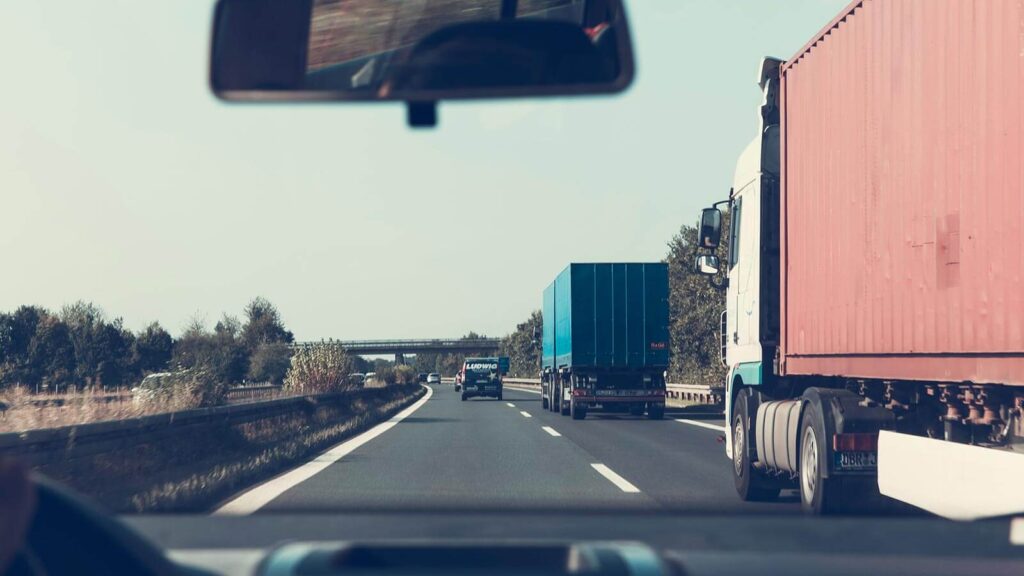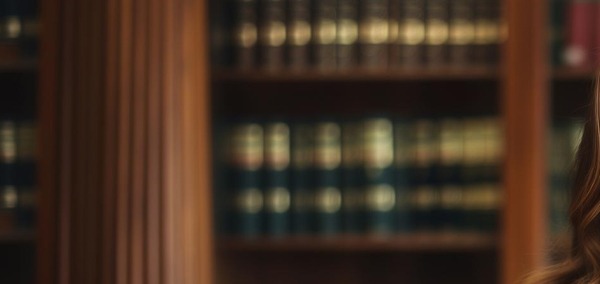If you’ve been in an accident with a commercial truck in Las Vegas, you may have grounds to sue not just the driver, but the trucking company itself. When companies hire drivers with red flags in their history—like past DUIs, failed drug tests, or safety violations—they can be held legally responsible through what’s called “negligent hiring.”
With over four decades of experience handling truck accident cases, we’ve seen how negligent hiring by trucking companies leads to devastating accidents. While proving these cases requires specific evidence and legal expertise, successful claims can provide compensation for medical bills, lost wages, and other damages.
Do I Have a Negligent Hiring Case?
In Nevada, you have two years from the date of your accident to file a negligent hiring claim. However, gathering evidence early is crucial, as trucking companies have varying record retention requirements—some as short as six months for certain documents.
Warning Signs of Negligent Hiring
Common red flags that may indicate negligent hiring:
- Unlicensed or improperly licensed driver
- Recent accidents or moving violations
- History of drug/alcohol violations
- Inadequate training certifications
- Gaps in employment history
- Falsified driving records
Quick Self-Assessment Questions
Consider these key factors in your accident:
- Was the truck driver clearly at fault?
- Did the driver appear impaired or fatigued?
- Were there obvious safety violations?
- Did the driver admit to pressure from their employer?
- Were there mechanical issues that should have been caught?
A “yes” to any of these questions suggests possible negligent hiring or supervision
Building Your Case Against the Trucking Company
Under Nevada law, proving negligent hiring requires showing the trucking company failed in its duty to properly screen, train, or monitor its drivers. Meeting this legal standard requires specific evidence and careful documentation.
Required Evidence and Documentation
Federal regulations require trucking companies to maintain detailed records:
Driver Records (3-year retention requirement):
- Complete driver qualification file (DQF)
- Pre-employment screening results
- Drug and alcohol test history
- Safety performance history
- Training certifications
- Accident reports
Operational Records:
- Hours-of-service logs (6-month retention)
- Vehicle maintenance records (1-year retention)
- Accident registers (3-year retention)
- Electronic logging device data
These retention periods make early legal intervention essential. Once records are legally destroyed, proving negligent hiring becomes significantly more challenging.
How Companies Try to Hide Negligence
Trucking companies often employ various tactics to minimize liability:
- Classifying drivers as “independent contractors”
- Claiming records are “lost” or “unavailable”
- Making quick settlement offers
- Delaying responses to information requests
Nevada uses strict “ABC” test standards for independent contractor classification. Even if a driver is labeled as independent, the company may still be liable if they maintain significant control over the driver’s work.
What Makes a Company Negligent?
To succeed in your claim, we must prove these key elements:
- Duty: The company had a legal obligation to exercise reasonable care in hiring
- Breach: They failed to meet this duty through actions like:
- Skipping mandatory background checks
- Ignoring red flags in driving records
- Failed to verify CDL credentials
- Skipping required drug tests
- Neglecting ongoing performance monitoring
- Causation: This negligence led to your accident
- Damages: You suffered actual harm as a result
Compensation in Negligent Hiring Cases
When negligent hiring is proven, you may be entitled to several types of damages under Nevada law. These often exceed typical accident claims because they address both the immediate accident and the company’s systemic safety failures.
Types of Available Compensation
- Current and future medical expenses
- Lost wages and income
- Property damage
- Rehabilitation costs
- Lost earning capacity
- Out-of-pocket expenses
Non-Economic Damages
- Pain and suffering
- Emotional distress
- Loss of quality of life
- Permanent disability
- Loss of consortium
Punitive Damages
In Nevada, punitive damages in trucking cases are governed by specific rules:
- Generally limited to 3 times compensatory damages
- May increase to 4 times compensatory damages if malicious intent is proven
- Special exceptions may apply in cases involving impaired driving
Important: Never accept an early settlement offer without understanding your full legal rights. Insurance companies often make quick offers that don’t account for long-term damages or additional compensation you may deserve.
Taking Action: Critical Next Steps
Immediate Actions to Protect Your Case
- Document Everything
- Take photos of the accident scene
- Get the truck’s DOT number and company information
- Collect witness contact information
- Keep all medical records and bills
- Protect Your Health and Rights
- Seek immediate medical attention
- Follow all treatment plans
- Avoid discussing the accident on social media
- Decline to give statements to the trucking company
- Keep a daily pain and recovery journal
- Preserve Evidence
- Save all accident-related documents
- Take photos of visible injuries
- Record any lost work time
- Document all expenses related to the accident
Time-Sensitive Considerations
- Nevada’s two-year statute of limitations means prompt action is crucial
- Evidence preservation requests must be filed quickly
- Company records may be legally destroyed after certain periods:
- Hours-of-service logs: 6 months
- Vehicle maintenance records: 1 year
- Driver qualification files: 3 years
Understanding Your Legal Options
A thorough case evaluation can determine if negligent hiring played a role in your accident. Let’s explore your options through a free, confidential consultation. We handle these complex cases on a contingency basis—meaning you pay no fees unless we win your case.
What to Expect Moving Forward
Initial Case Review
- Detailed discussion of your accident
- Assessment of available evidence
- Explanation of relevant Nevada laws
- Overview of potential compensation
- Clear outline of next legal steps
Investigation Process
- Securing critical company records
- Interviewing witnesses
- Consulting with safety experts
- Analyzing driver history
- Evaluating company compliance
- Building your compensation claim
Important: While the legal process may seem overwhelming, you don’t have to navigate it alone. Our experienced team handles the complexities while you focus on recovery.
When to Contact an Attorney
The best time to seek legal help is immediately after your accident. Early intervention helps:
- Preserve crucial evidence
- Meet legal deadlines
- Protect your rights
- Prevent costly mistakes
- Maximize potential compensation
Questions to Ask During Your Consultation
- What experience do you have with trucking negligence cases?
- How will you prove the company’s negligent hiring?
- What is the timeline for my case?
- How do you handle communication with insurance companies?
- What role will I play in the legal process?
Taking the Next Step
Living with the aftermath of a truck accident is challenging enough—you shouldn’t have to navigate the legal system alone. With four decades of experience handling complex truck accident cases in Las Vegas, our team understands what it takes to hold negligent companies accountable.
Contact us today for a free case evaluation. Remember, in Nevada, you have two years from the accident date to file your claim, but evidence preservation makes early action crucial.
Contact Us for a Free Consultation
If you have been injured in an accident, contact Jack Bernstein Injury Lawyers for a free, no obligation consultation with experienced Las Vegas accident lawyers. You will gain an advocate for every stage in the claims process until you have the compensation you deserve.
Jack Bernstein Injury Lawyers is available to help you handle your injury claim in the Las Vegas metropolitan area and beyond. Jack Bernstein and his team can offer you the personalized service and legal representation you deserve after an accident.
Call us at (702) 633-3333 or contact us today for a free consultation to discuss your case.


